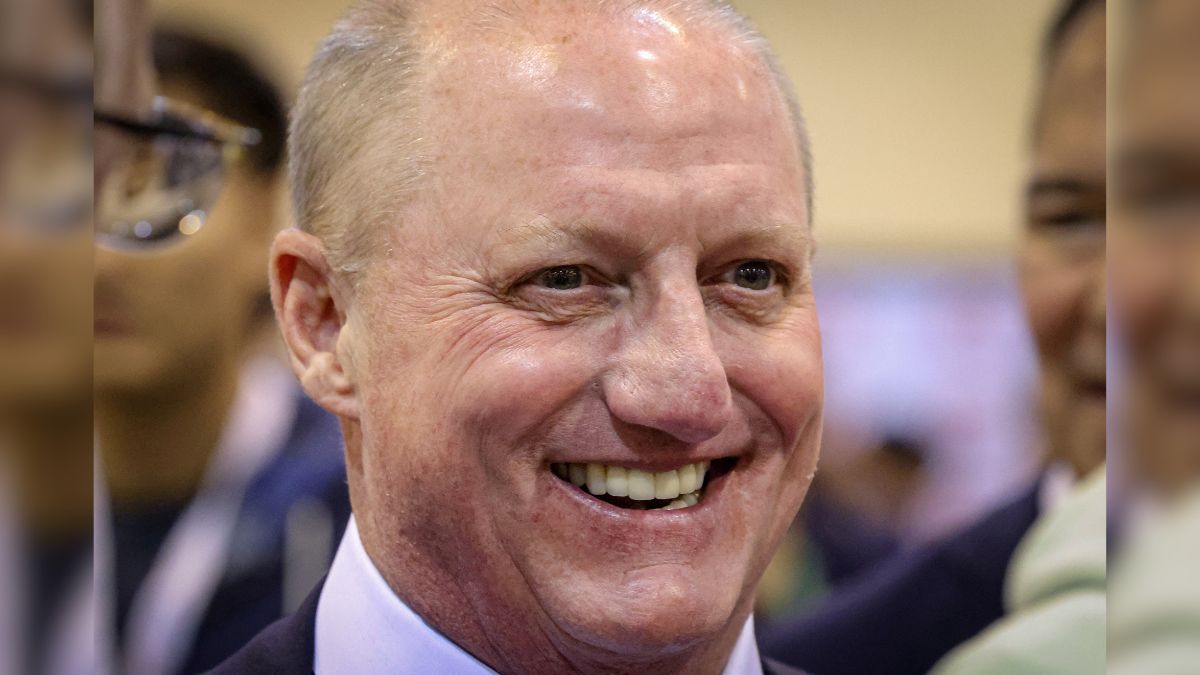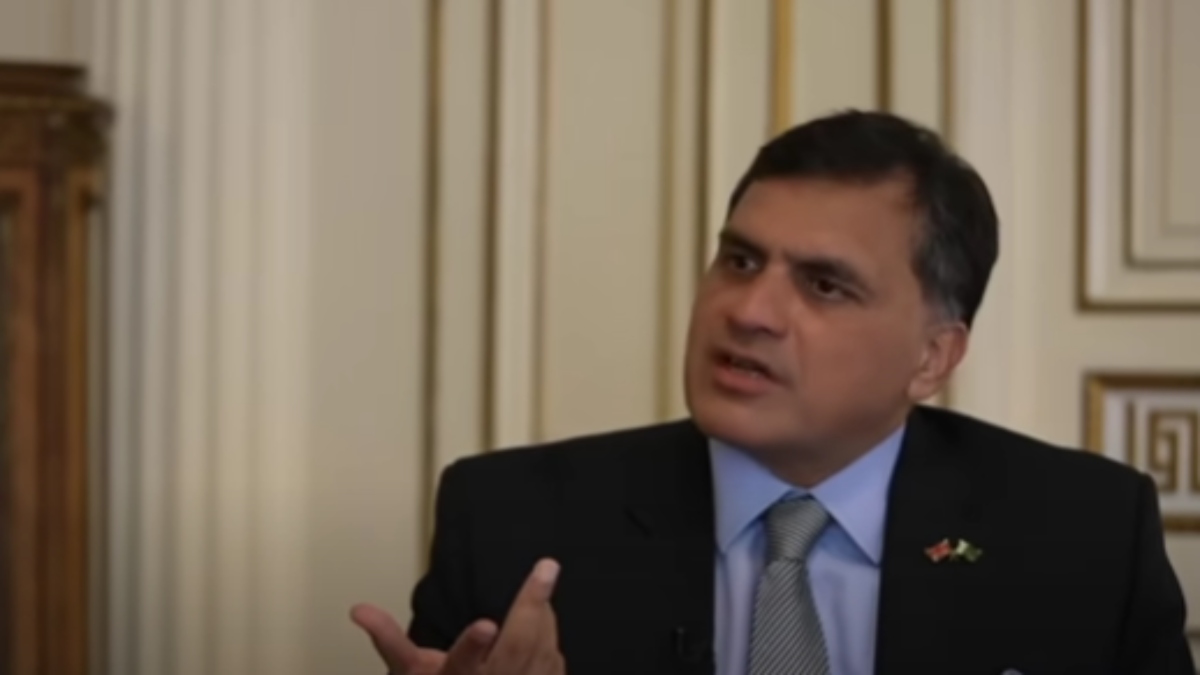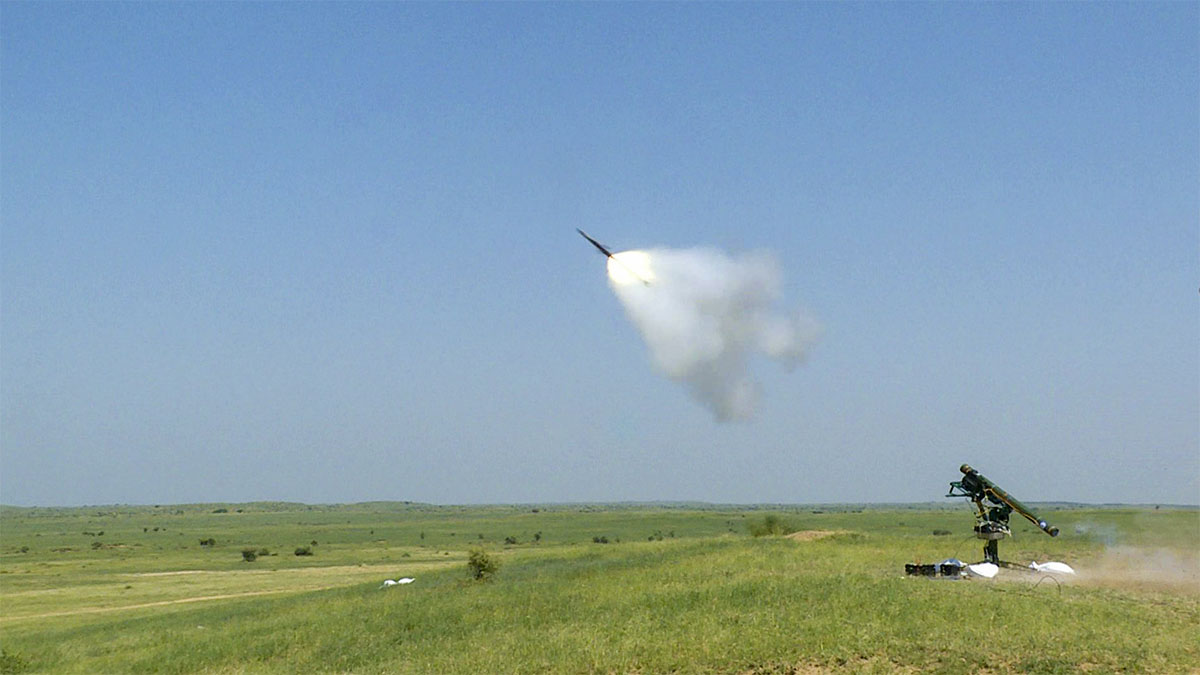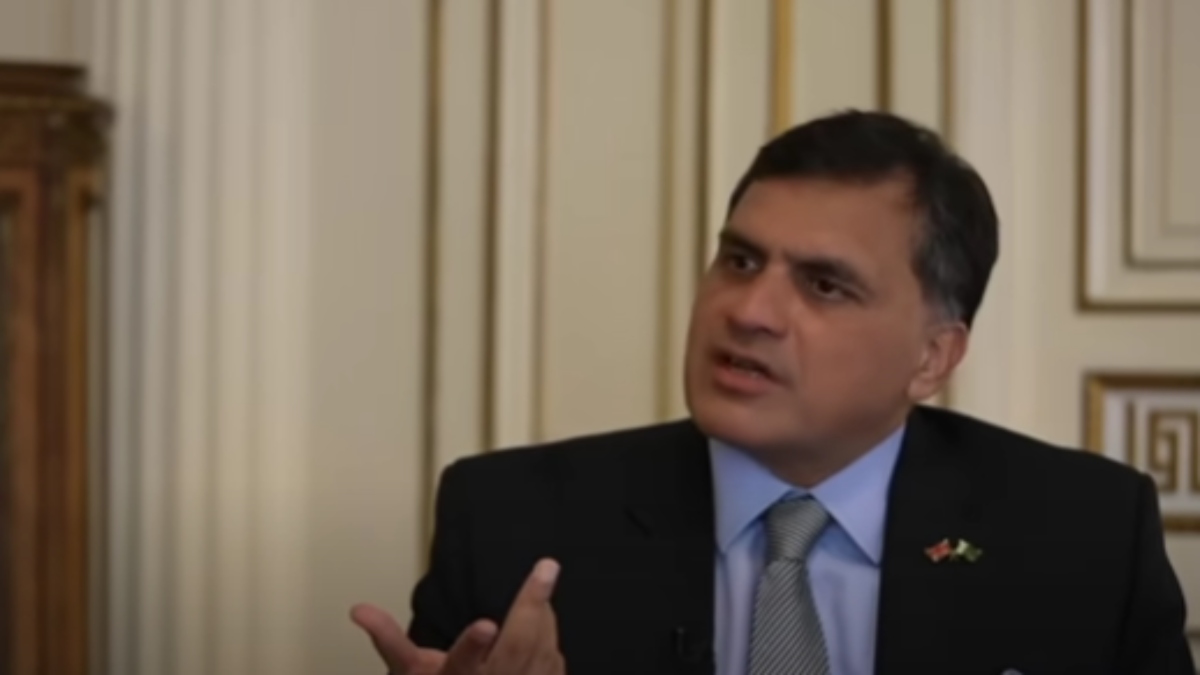Warren Buffett, the 94-year-old chairman and chief executive of Berkshire Hathaway, has announced that he will be stepping down as CEO at the end of 2025.
After nearly 60 years at the helm of the conglomerate, Buffett has confirmed that Gregory E Abel, his long-designated heir, will assume the chief executive role pending formal approval by Berkshire’s board of directors.
With this announcement, Abel is set to inherit the stewardship of a company with a sprawling portfolio, a unique culture and a war chest of nearly $348 billion.
His appointment marks the start of a new era for one of the most closely watched companies in corporate America — and positions him at the centre of one of the most high-stakes transitions in modern business history.
Who is Greg Abel
Greg Abel, 62, was born in Edmonton, Alberta, and trained as an accountant. He joined the Berkshire ecosystem in 2000 when Buffett acquired MidAmerican Energy, a company where Abel served as president.
Over the years, Abel’s responsibilities steadily expanded, and he rose to become CEO of what is now Berkshire Hathaway Energy (BHE) in 2008. Since 2018, he has served as vice chairman overseeing Berkshire’s non-insurance businesses — nearly 190 companies across sectors as diverse as transportation, energy, retail and consumer goods.
From leading one of the largest freight rail networks in the US (BNSF Railway) to managing brands such as See’s Candies, Dairy Queen, Fruit of the Loom, NetJets and Brooks Running,
Abel’s role has encompassed nearly every corner of the Berkshire empire. Under his leadership, Berkshire Hathaway Energy tripled its earnings and executed major acquisitions like NV Energy and Dominion Energy’s natural gas assets, demonstrating his capacity to handle large-scale capital deployment.
Why Abel is the right man for the job
Abel’s reputation inside Berkshire is grounded in his operational discipline and capital efficiency. Between 2010 and 2022, the sectors he managed — primarily railroads and energy — produced an additional $53 billion in equity and grew earnings by $7 billion.
That translates to a 13 per cent average return on new investments, on par with the S&P 500 over that period despite historically low interest rates.
According to research by Morningstar for the Financial Times, Abel’s business divisions outpaced the investment performance of Berkshire’s dedicated portfolio managers, Todd Combs and Ted Weschler, during the 2014–2022 window.
While the managers delivered 10.6 per cent in annualised returns, Abel’s management produced a marginal return of 13 per cent — a level that even outperformed Buffett’s own investment picks during that same time span.
Buffett himself has repeatedly endorsed Abel’s strategic judgment and decision-making capabilities. “He does all the work and I take all the bows,” Buffett quipped to CNBC, adding, “He’s a big improvement on me, but don’t tell anybody.”
Why Abel was chosen
Greg Abel’s selection as CEO was formalised in 2021, although speculation had been building since 2011. At that time, David Sokol — then considered a front-runner for succession — resigned after Berkshire found he had breached internal policies during the Lubrizol acquisition.
Abel, in contrast, quietly rose as the executive most in sync with Buffett’s values of integrity, decentralisation, and long-term thinking.
Former vice chairman Charlie Munger, who passed away in 2023, played a key role in catalysing public recognition of Abel’s future role. “Greg will keep the culture,” Munger said at Berkshire’s 2021 annual meeting — a comment that all but confirmed the board’s thinking at the time.
Ron Olson, a long-serving board member, echoed that confidence just days before Buffett’s official announcement. “Is he another Warren Buffett? No, there is no other Warren Buffett that I know. But he has so many of the fundamentals of Warren,” Olson said. “He is for sure high integrity. He is a hard worker. He is a strategic thinker.”
Abel is known for his thoughtful approach, business instinct, and ability to navigate a vast range of industries. Executives from various Berkshire companies — from Brooks Running to Borsheims and Shaw Industries — reportedly look to Abel when facing complex strategic dilemmas.
Troy Bader, CEO of Dairy Queen, praised Abel’s leadership, saying, “When I think about Greg, he not only has high business acumen, but he has really high business instincts… Warren has that intuition, but Greg has a lot of it as well.”
What challenges await for Abel
One of Abel’s most immediate and formidable challenges is the effective deployment of Berkshire’s enormous cash holdings. The conglomerate is currently sitting on $347.7 billion — about 27 per cent of its total assets, far above its 25-year average of 13 per cent.
Buffett has been notably reluctant to deploy this capital in recent years, citing a lack of sufficiently attractive investment opportunities given Berkshire’s size.
“I wouldn’t do anything nearly so noble as to withhold investing myself just so that Greg couldn’t look good later on,” Buffett told CNBC, clarifying that the unspent cash was a strategic choice, not a transitional favour.
“Things get extraordinarily attractive very occasionally,” he said, cautioning against reckless or premature investment moves.
This philosophy leaves Abel in the difficult position of preserving capital discipline while facing investor pressure to generate returns.
Berkshire’s shares have outperformed the S&P 500 over the past two decades (11.9 per cent vs. 10.3 per cent), driven more by growth in book value than dividends. Maintaining or exceeding that performance, especially with such a large balance sheet, will require judicious acquisitions and near-flawless execution.
As shareholder David Rubin pointed out at the 2025 annual meeting, “In the first 10 years as CEO, Abel will be tasked with allocating more capital than Berkshire has had to allocate in its history…”
In response, Abel has highlighted a philosophy that mirrors Buffett’s. “Whether it’s 100 per cent or 2 per cent of a company, we must thoroughly understand its economic prospects — five, ten, or twenty years out — and the underlying risks,” he said.
What makes Abel unique
Abel is expected to uphold Berkshire’s trademark management style, marked by extreme decentralisation, minimal bureaucracy and significant autonomy for subsidiary leaders.
Despite ascending to the top job, he is not expected to take over the investment portfolio — Combs and Weschler will continue to manage Berkshire’s market investments.
Abel lives in Des Moines, Iowa — home to BHE — and intends to stay there. Like Buffett, who kept a lean headquarters in Omaha with only a few dozen employees, Abel believes the firm’s geographic dispersion reflects its hands-off operating model.
He has long coached youth hockey and soccer teams in Iowa and remains closely tied to his family roots and community.
His personal background resonates with the values Buffett has championed: thrift, discipline, and hard work.
Reflecting on his career path during his 2018 induction into the Horatio Alger Association, Abel said, “I think hard work leads to good outcomes. In my schooling, in sports, and in my business positions, I learned that if I put in a lot of work and was well-prepared, then success would be more likely.”
As Warren Buffett prepares to exit a role he has defined since 1965, he leaves behind not just an unmatched legacy, but also a rare corporate institution.
Whether Abel can navigate the extraordinary opportunities and high expectations that await him remains to be seen — but as Buffett declared, “I think the prospects of Berkshire will be better under Greg’s management than mine.” That is no small endorsement — from a man whose investment acumen has defined generations of business leadership.
Also Watch:
With inputs from agencies


)
)
)
)
)
)
)
)
)